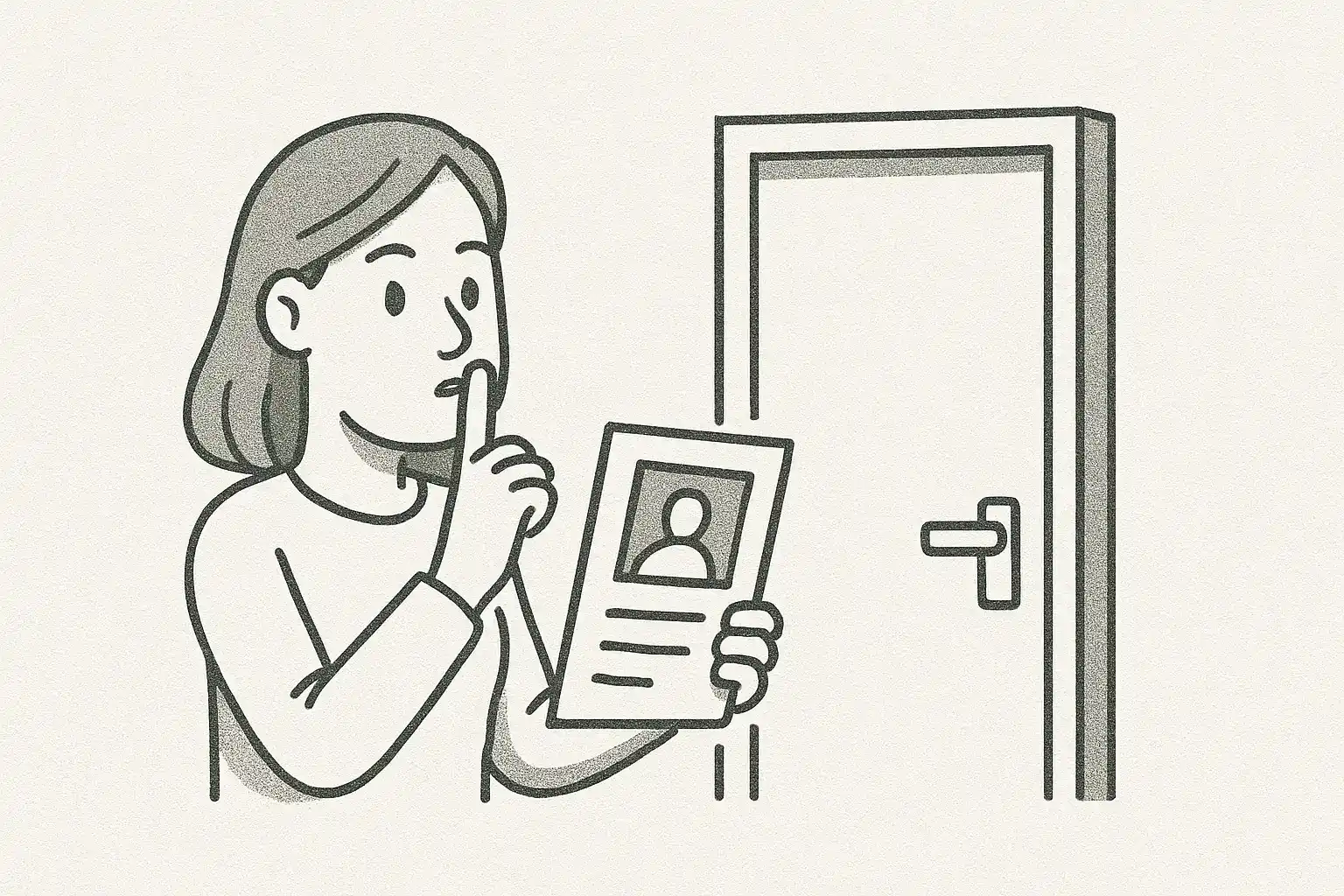Keeping a team motivated and engaged can be a difficult task for any leader. But it’s important to recognize when your team is starting to disengage or become unhappy. If you ignore the warning signs, your team members may start to quit, causing productivity to suffer and morale to decline. In this article, we’ll look at some of the signs that your team may be quietly quitting, and what you can do to address the situation.
Signs your team might be quiet quitting
There are several signs that your team might be quietly quitting their jobs. Here are some of the most common signs to look out for:
- Decreased Engagement. One of the most obvious signs that your team might be quietly quitting is a decrease in engagement. If your employees are no longer passionate or motivated about their work, they may be mentally checking out and preparing to leave.
- Lack of Participation. If your team members are no longer participating in meetings or group activities, it may be a sign that they are disengaging from their work and preparing to leave.
- Decreased Communication. Another sign that your team might be quietly quitting is a decrease in communication. If your employees are no longer sharing ideas or asking questions, it may be a sign that they have mentally checked out and are preparing to leave.
- Increased Absenteeism. If your team members are taking more sick days or personal days than usual, it may be a sign that they are unhappy in their jobs and are preparing to leave.
- Decreased Productivity. If your team members are no longer meeting their goals or deadlines, it may be a sign that they are disengaged from their work and preparing to leave.
- Increased Turnover. Finally, if you notice that several team members have left your company without warning, it may be a sign that your team is quietly quitting.
Reasons your team is quiet quitting
If you’re a team leader, it’s essential to keep a pulse on the engagement level of your team. Even the best teams can experience periods of disengagement, but it’s important to recognize the signs that your team may be quietly quitting. Here are some common reasons why teams disengage:
- Lack of Recognition. Team members who feel like their hard work goes unnoticed are likely to become disengaged. It’s essential to recognize and reward your team members for their contributions.
- Limited Opportunities for Growth. If your team members don’t see opportunities for advancement or professional development, they may lose motivation. As a leader, it’s important to provide your team members with the tools and resources they need to develop their skills and advance in their careers.
- Poor Management. Poor management is a common reason why teams disengage. Team members who don’t feel supported by their leaders are likely to become demotivated.
- Inadequate Compensation. If your team members feel like they’re not being fairly compensated for their work, they may become disengaged. As a leader, it’s important to ensure that your team members are paid fairly for their contributions.
- Lack of Work-Life Balance. If your team members feel like their work-life balance is out of sync, they may become disengaged. As a leader, it’s essential to create a positive work environment that supports work-life balance.
- Toxic Work Culture. A toxic work culture can cause team members to become disengaged and disheartened. It’s important to create a work environment where team members feel valued, supported, and respected.
- Inadequate Tools and Resources. If your team members don’t have the tools and resources they need to perform their jobs effectively, they may become disengaged. As a leader, it’s essential to provide your team members with the tools and resources they need to succeed.

How to prevent quiet quitting
Preventing quiet quitting is essential for maintaining a productive and engaged team. Here are some strategies you can use to prevent quiet quitting:
- Provide Clear Expectations. Make sure that your team members understand their roles and responsibilities. Provide clear expectations for performance and offer feedback regularly.
- Recognize and Reward Good Performance. Recognize and reward team members for their hard work and contributions. This could include bonuses, promotions, or public recognition.
- Encourage Professional Development. Provide opportunities for professional development, including training, mentoring, and networking opportunities. This can help team members feel engaged and motivated to improve their skills.
- Communicate Effectively. Encourage open and honest communication with your team members. Make sure that team members feel comfortable sharing their thoughts and concerns.
- Foster a Positive Work Environment. Create a positive work environment where team members feel valued and supported. Encourage teamwork, offer flexibility, and provide opportunities for socializing.
- Offer Competitive Compensation. Ensure that your team members are paid fairly for their work. Research industry standards and make adjustments as necessary.
- Address Problems Promptly. If problems arise, address them promptly. Listen to team members’ concerns and take action to address any issues.
- Lead by Example. As a leader, set an example for your team members. Be proactive, positive, and engaged. Show your team members that you’re invested in their success.
By implementing these strategies, you can prevent quiet quitting and keep your team members engaged and motivated. Remember that maintaining a productive and engaged team requires ongoing effort and attention. Keep an open mind, communicate effectively, and provide support when needed.
Conclusion
Recognizing the signs that your team is quietly quitting is essential to keeping your team engaged and productive. By listening to your team members, addressing their concerns, and creating a positive work environment, you can ensure that your team members feel valued and motivated to do their best work. Don’t ignore the warning signs – take action and create a workplace culture that encourages engagement and productivity.









